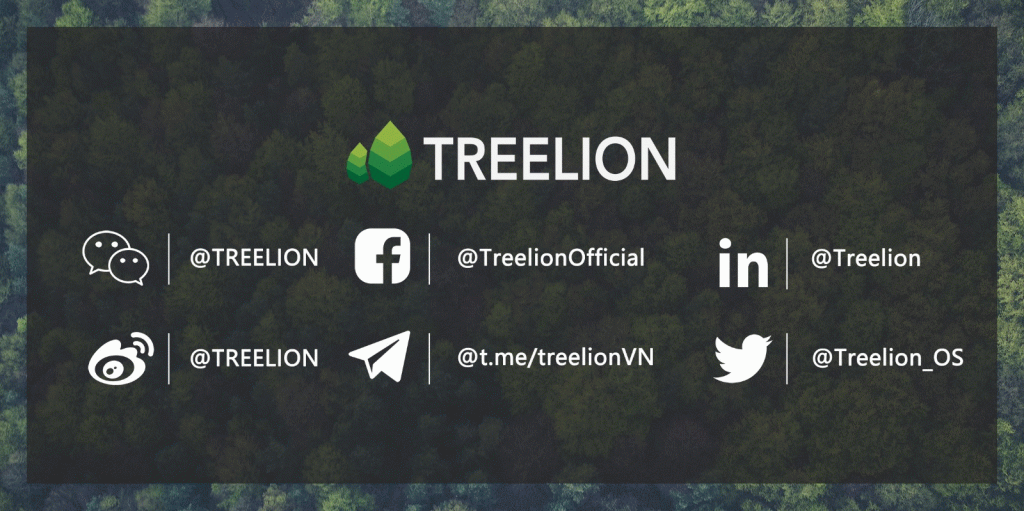
Carbon emission reduction is one of China’s important tasks, shouldering the heavy responsibility of mitigating global climate change and protecting the homeland of future generations. Some institutions, however, are trying to avoid their responsibilities. Last week, the Ministry of Ecology and Environment publicly notified 4 institutions that manipulated carbon emission reports.

According to the on-site supervision and inspection by the Ministry of Ecology and Environment, prominent problems such as falsification of test reports, loss of quality control of carbon emission reports, and production of false coal samples were found.
These problems are related to the use of centralized management systems. The traditional centralized management system has absolute authority over the files and data, which means organizations can modify, delete, or forge files and data arbitrarily.
Carrying out comprehensive on-site supervision and inspection is a high-cost and low-efficiency method. How to continuously and effectively monitor a large number of institutions is an important topic to explore.
The application of blockchain technology is a suitable solution. Most human mistakes and wrongdoings can be avoided by replacing the centralized management system with a decentralized blockchain management system. Through 5G, Internet of Things, big data and other advanced technologies, carbon data can be directly uploaded from the detection device to the blockchain for encryption, which eliminates manual operation and ensures data’s authenticity. Since nobody can modify carbon data written on the blockchain, organizations cannot cheat anymore.
Openness and transparency are blockchain’s other advantages worth mentioning. The data on the blockchain is open to everyone who has access. Industry supervision will become more streamlined and efficient than before. The supervisor can quickly and accurately locate the problem source when a problem occurs.
The application of blockchain in the carbon field will greatly solve the supervision problem and create an authentic and credible business environment. In the future, when carbon becomes more important, carbon data will inevitably all be written on the blockchain.



